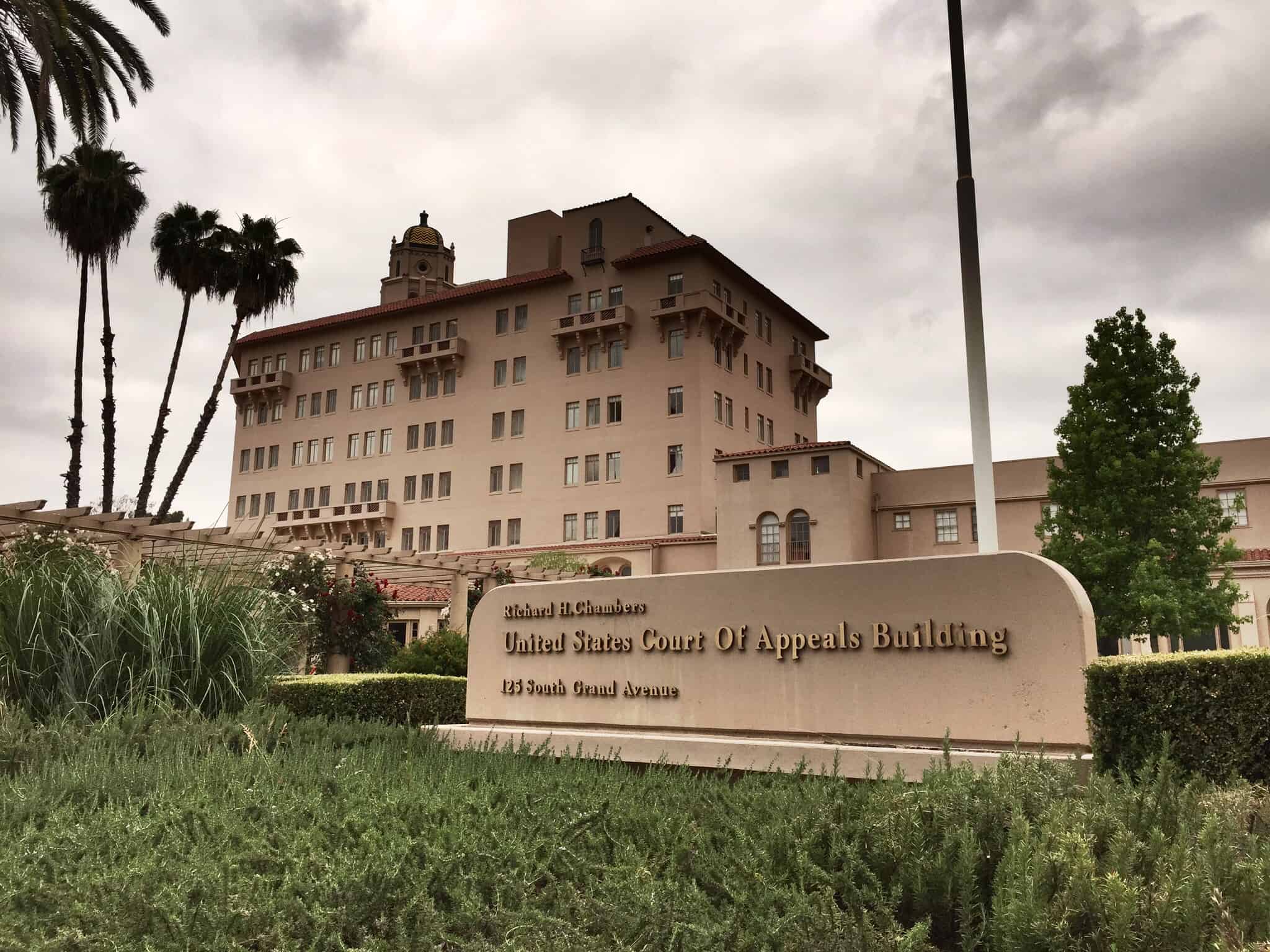William Greenlaw is a student at Harvard Law School.
After years of appointees with narrower views of the scope of workers’ rights during the Trump Administration, President Biden has begun to reverse that course. Judge Jennifer Sung, a former union-side labor lawyer and Oregon state labor board member, is now President Biden’s second successful nomination to the Ninth Circuit Court of Appeals. An alumna of Altshuler Berzon, Judge Sung was also a former organizer with two Service Employees International Union locals, in addition to graduating from Yale Law School. Her confirmation vote was close, with a 10-10 vote in committee with no Republican support. Judge Sung won a 50-49 margin in wider Senate voting process with a tie breaking vote from Vice President Kamala Harris. Craig Becker, the General Counsel of the AFL-CIO, said of the appointment, “We don’t have a lot of labor lawyers on the federal bench and it’s important to have judges with deep labor law experience who’ve represented working people.”
Among months of reckoning in the video game industry over harassment and workers’ rights at titans such as Activision Blizzard, a small indie-game developer became the first in the nation to unionize. Vodeo Games, a studio of 13 completely remote workers in the United States and Canada, won voluntary recognition from their employer yesterday. Vodeo’s management was supportive in a statement on recognition, “We are a small, young company and I constantly encourage my coworkers to speak up and tell us how we can do better. . . . So when they approached me and told me they were forming Vodeo Workers United, it was a no-brainer to step back and proudly watch them do what no other game company in North America has.” With voluntary recognition, no vote interaction from the National Labor Relations Board is necessary. The union, called Vodeo Workers United, can begin negotiating its contract right away.
Raytheon Technologies, the defense contractor, and other aerospace manufacturers are facing an antitrust lawsuit by former employees for unlawful anti-poaching practices. One of the employee class-action claims alleges the scheme “operated for nearly a decade,” and was “an ideal tool to suppress their employees’ compensation that was simple to implement and easy to enforce.” The unlawful agreement allegedly “was made and enforced privately, confidentially, and at the highest levels of the organizations,” kept in secret until a DOJ investigation revealed its existence. A spokesman from one of Raytheon’s co-defendants said that it “intends to vigorously defend against these allegations.” The allegations are thick, purporting that the scheme involved “‘interwoven and overlapping hiring and recruiting restrictions’ aimed at reducing employee mobility, leverage, and ultimately compensation.”






Daily News & Commentary
Start your day with our roundup of the latest labor developments. See all
January 30
Multiple unions endorse a national general strike, and tech companies spend millions on ad campaigns for data centers.
January 29
Texas pauses H-1B hiring; NLRB General Counsel announces new procedures and priorities; Fourth Circuit rejects a teacher's challenge to pronoun policies.
January 28
Over 15,000 New York City nurses continue to strike with support from Mayor Mamdani; a judge grants a preliminary injunction that prevents DHS from ending family reunification parole programs for thousands of family members of U.S. citizens and green-card holders; and decisions in SDNY address whether employees may receive accommodations for telework due to potential exposure to COVID-19 when essential functions cannot be completed at home.
January 27
NYC's new delivery-app tipping law takes effect; 31,000 Kaiser Permanente nurses and healthcare workers go on strike; the NJ Appellate Division revives Atlantic City casino workers’ lawsuit challenging the state’s casino smoking exemption.
January 26
Unions mourn Alex Pretti, EEOC concentrates power, courts decide reach of EFAA.
January 25
Uber and Lyft face class actions against “women preference” matching, Virginia home healthcare workers push for a collective bargaining bill, and the NLRB launches a new intake protocol.